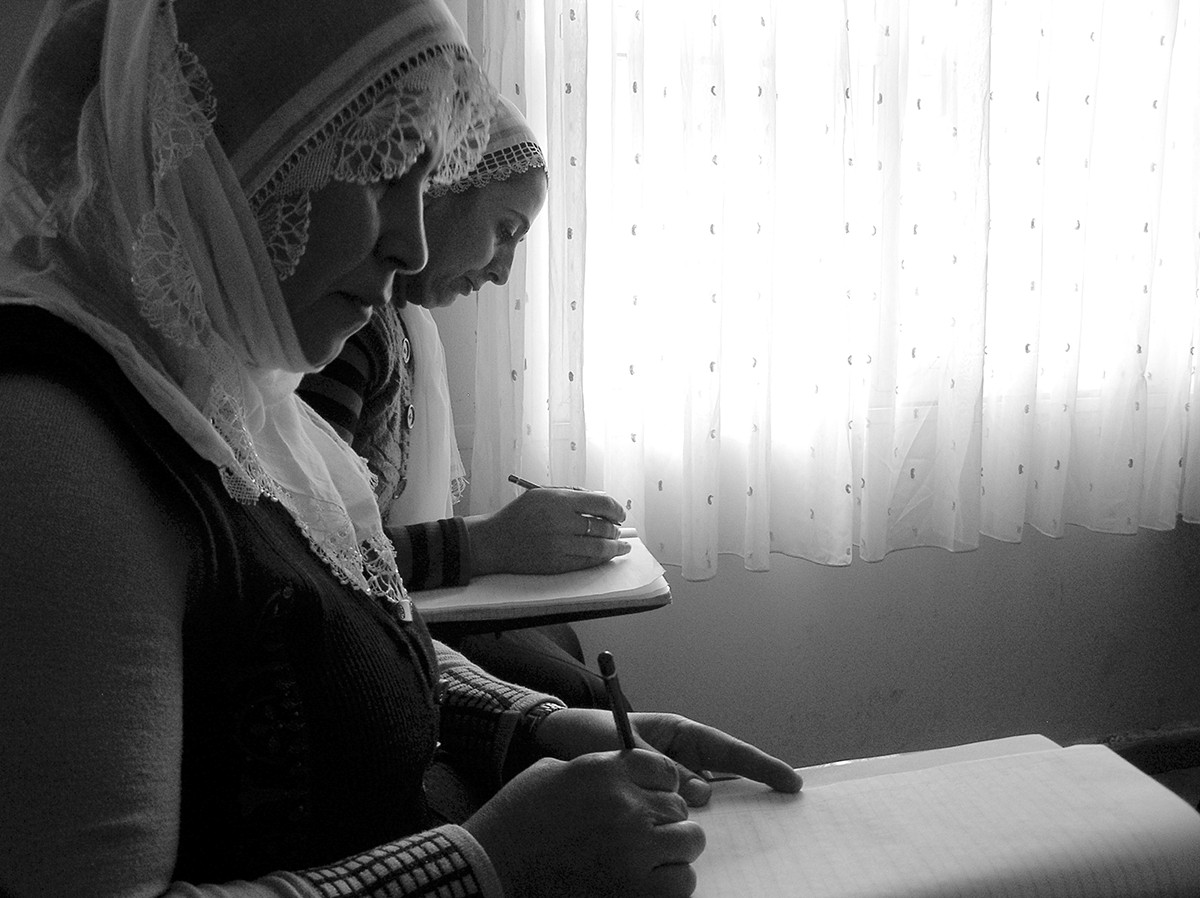
by Jessie Clark, Instructor, UO Department of Geography
The landscape of Southeast Turkey today looks starkly different than it did fifteen years ago. From 1984 to 1999, much of the Southeast region was caught up in a civil war between the Kurdish-separatist group the PKK and the Turkish military. Approximately 4,000 villages were burned, 40,000 people killed, and approximately 900,000–4 million individuals displaced (numbers vary depending on the source).
In 2002, a new government, the Justice and Development Party, came to office and implemented a series of reforms focused on socioeconomic and gendered development—over and alongside military intervention. This shift in government policy has significantly reshaped the role of the state in the lives of Kurdish residents.
Women are emerging as the primary targets in development efforts, tasked with translating political and social knowledge to their homes and communities. In migrant neighborhoods in the urban Southeast, women’s education centers—offering Turkish literacy, citizenship, and family planning classes—are the most visible face of the state and a central point of contact between displaced families and the government. The impact of these programs is significant, altering where and how families access resources, ideas about family size and character, and ultimately the practices of how family members care for one another.
In spite of declared efforts to socially secure Kurdish women, past fieldwork indicates that development efforts have disrupted family relations in ways that leave women more vulnerable to gendered violence in the home and judicial system. In Southeast Turkey, development interventions are shaped by a set of liberal economic and cultural values that do not always align with local values of family, Islam, and care that have historically served as mechanisms of social security. My research project examines how gendered development programs geared toward democracy and citizenship building intersect with ideas about community, family, and care.
With a CSWS Faculty Research Grant, I conducted preliminary field research in Southeast Turkey in summer 2013 with my research partner, Saadet Altay, a doctoral student in Diyarbakir. Our main goal was to understand the day-to-day geography of security among women. In other words, how are feelings of security and insecurity felt across and between different spaces (the classroom, the home, the courtroom, and so on)? To address this question, we administered a mental mapping and focus group activity that asked women to draw maps of their daily movements around the neighborhood and city and to discuss the spaces identified. Conversations addressed issues of urban mobility, family life, development impacts, and meanings of security. Out of this work, we realized that it is young women aged eighteen to thirty who most intensely experience the tensions between family expectations and state modernization efforts, and our future work will focus more specifically on this group.
Broadly, our work addresses tensions between secularism and Islam. Rather than focus on government policy, however, we examine how political life and religion are exercised and debated in the daily operation of family and work.
—Jessie Clark, PhD, is an instructor and adviser in the UO Department of Geography.

